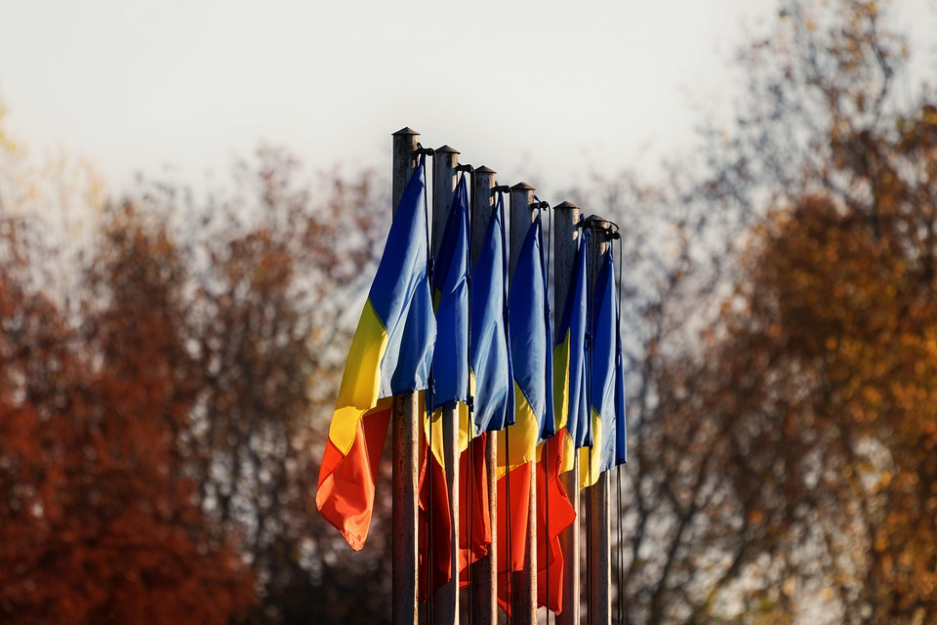New Law on Religious Leadership Risks Criminalising Religious Practice

In June 2025, the Romanian Parliament adopted a legislative amendment to the country’s Law on Religious Communities, criminalising the “unauthorised exercise” of clerical or priestly functions. The new provision effectively grants the state and officially recognised religious denominations exclusive authority to determine who may lead religious communities. The amendment raises serious concerns regarding the protection of religious freedom.
In June 2025, the Romanian Parliament adopted legislative proposal L118/2025, introducing amendments to Law 489/2006, which governs the relationship between the state and religious communities. The proposed amendment explicitly prohibits any clerical or monastic activity carried out “without right,” effectively criminalising the unauthorised exercise of religious functions.
Although the amendment has not yet been fully promulgated, it raises serious concerns regarding its potential impact on religious freedom. In particular, it risks entrenching institutional discrimination by marginalising smaller, dissenting, or emerging religious communities, thereby restricting their ability to organise freely and practise their faith without state or institutional interference.
According to Article 9 of the European Convention on Human Rights (ECHR), the right to freedom of thought, conscience, and religion may be subject only to limitations that are “prescribed by law” and “necessary in a democratic society” for a limited set of legitimate aims, including public safety, public order, health, morals, or the rights and freedoms of others.
The use of criminal sanctions to determine who may lawfully perform religious functions raises serious proportionality concerns and may undermine the principle of religious pluralism. It effectively grants recognised religious institutions, in conjunction with the state, exclusive authority to define legitimate religious leadership—enabling the exclusion or penalisation of minority or non-registered faith groups.
This concern was explicitly addressed by the European Court of Human Rights in The Metropolitan Church of Bessarabia and Others v. Moldova (Application no. 45701/99), in which the Court held that the State’s duty of neutrality and impartiality is incompatible with any power on the State’s part to assess the legitimacy of religious beliefs or how those beliefs are expressed.
Romania’s Law 489/2006—when read together with the proposed 2025 amendment—reflects a trend toward increasing state control over religious life. By criminalising unauthorised clerical activity, the state risks infringing on the pre-political and foundational freedoms of conscience, worship, and religious self-organisation—core elements protected under both national and international human rights law.
Source: Law 849/2006; L118/2025; ECHR 45701/99
Photo: Pixabay